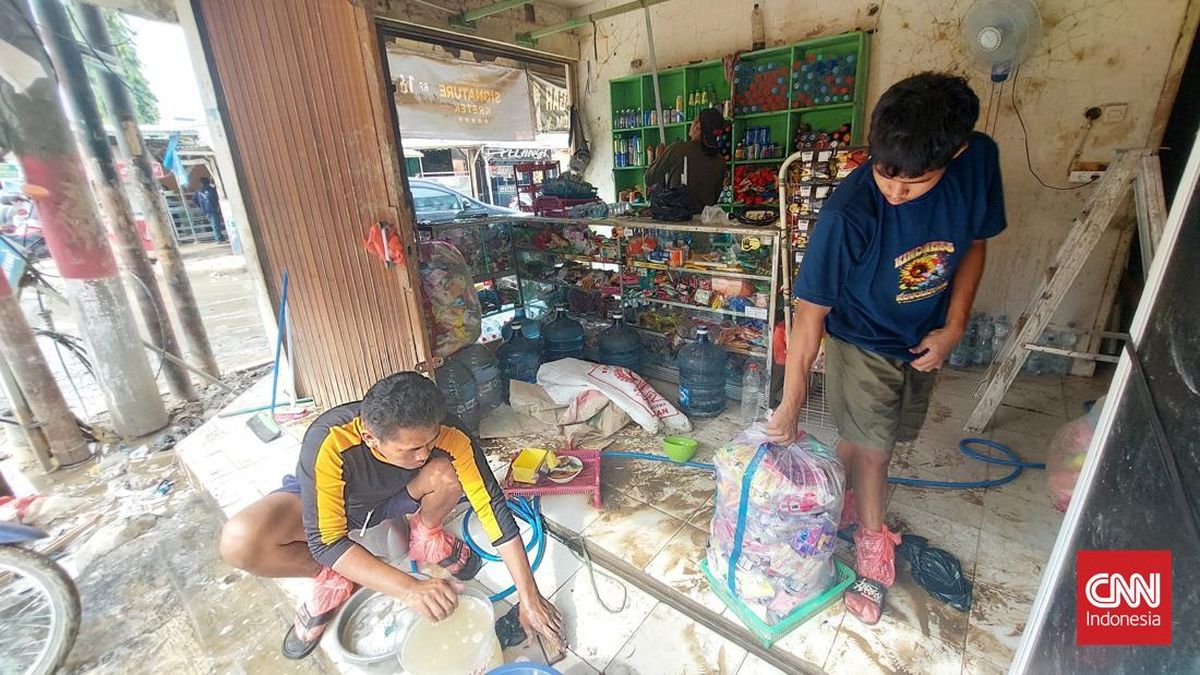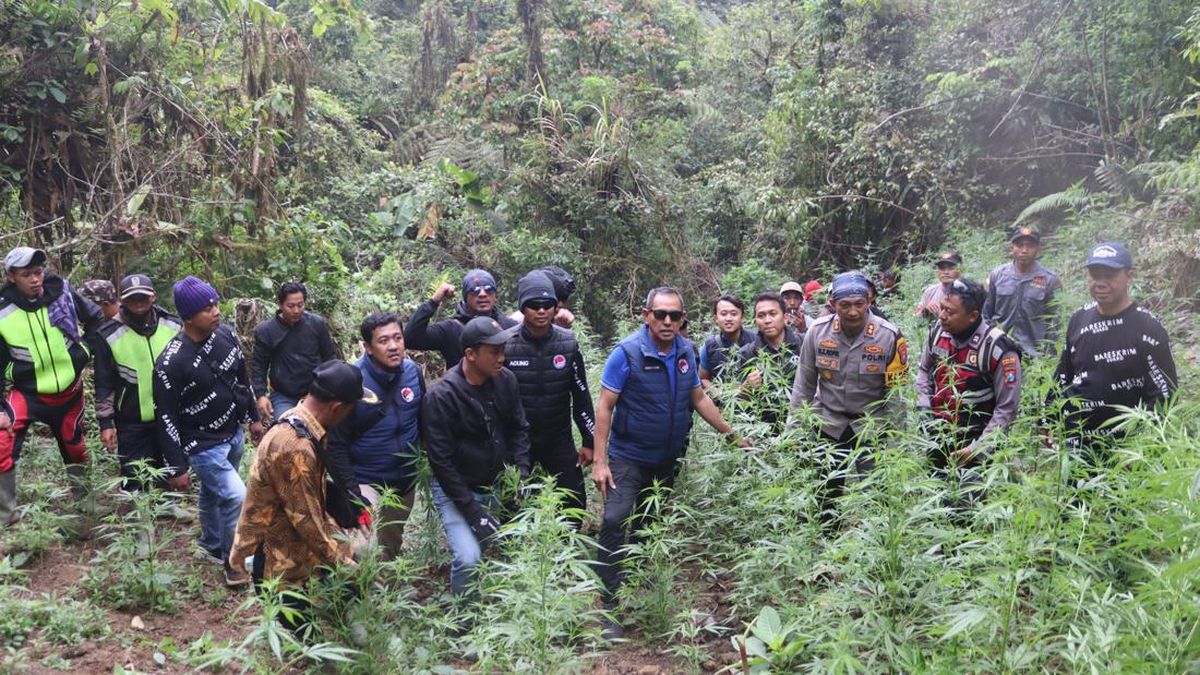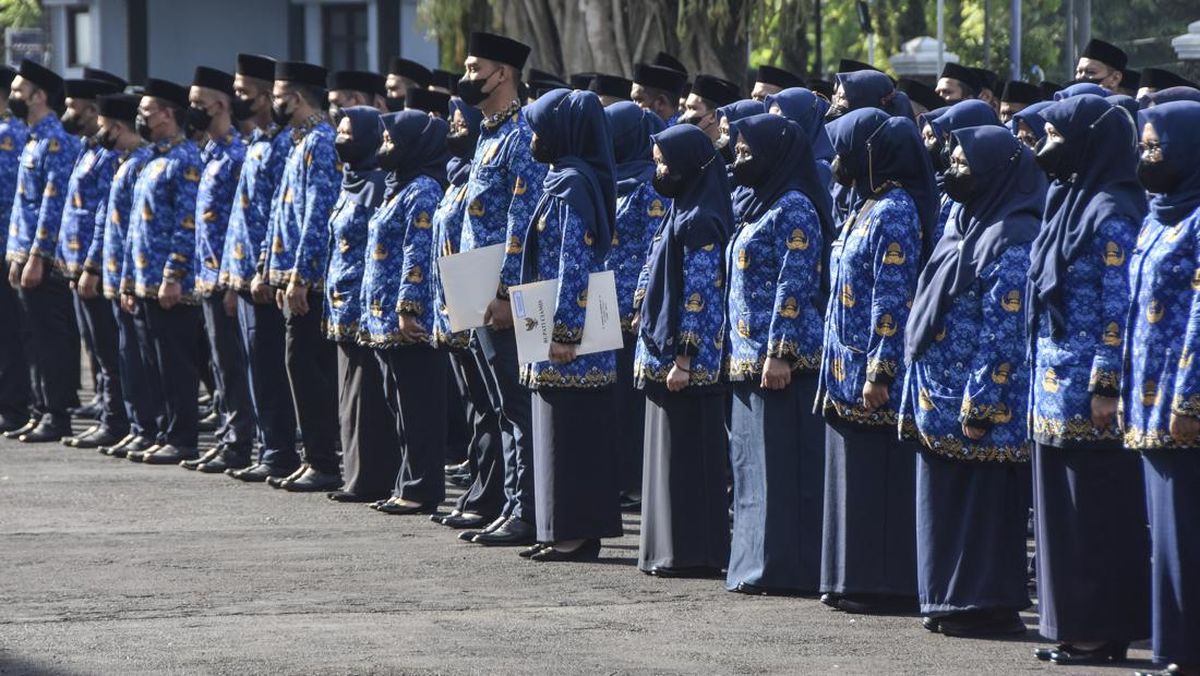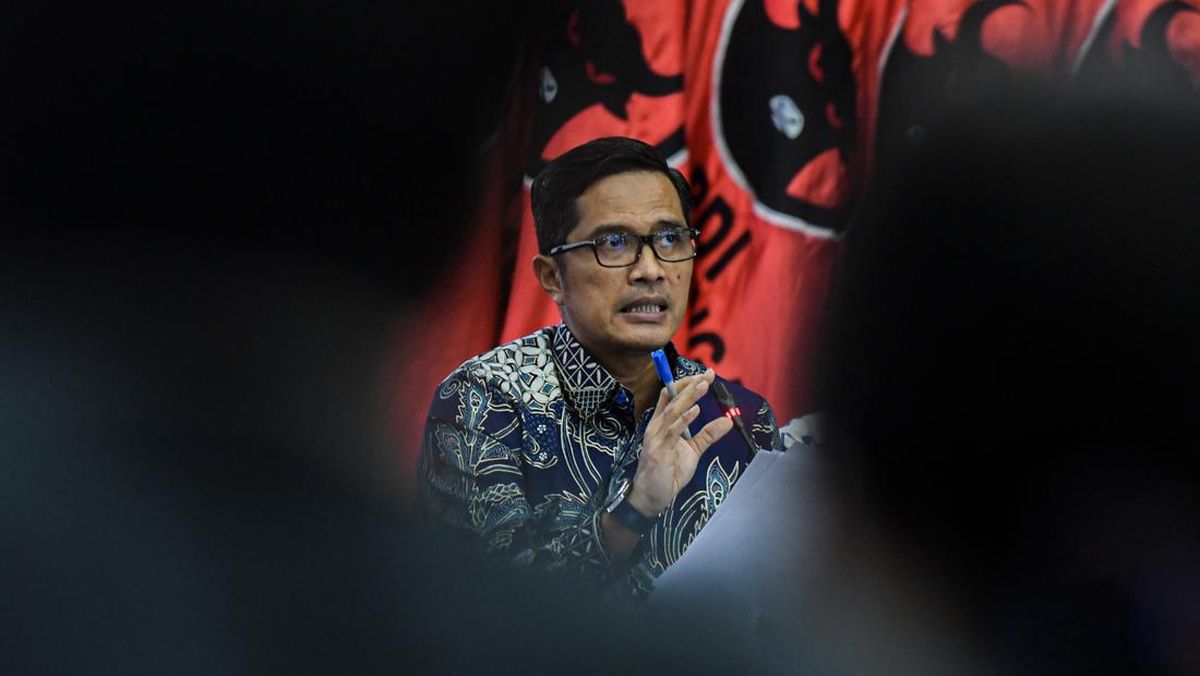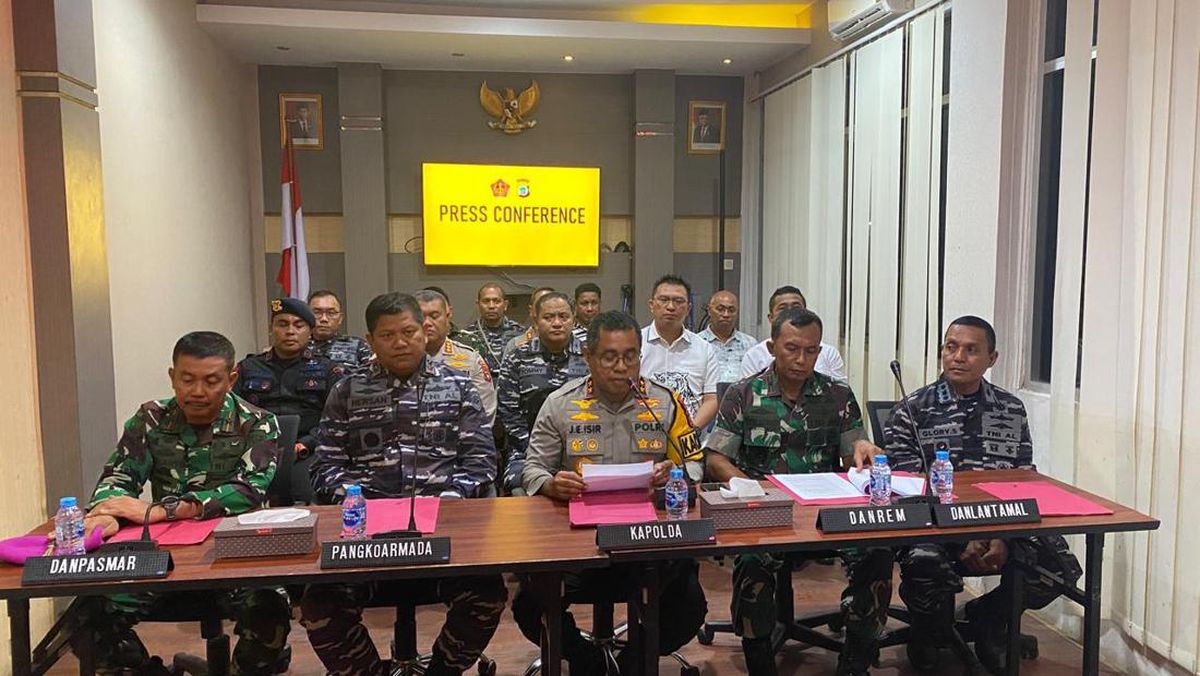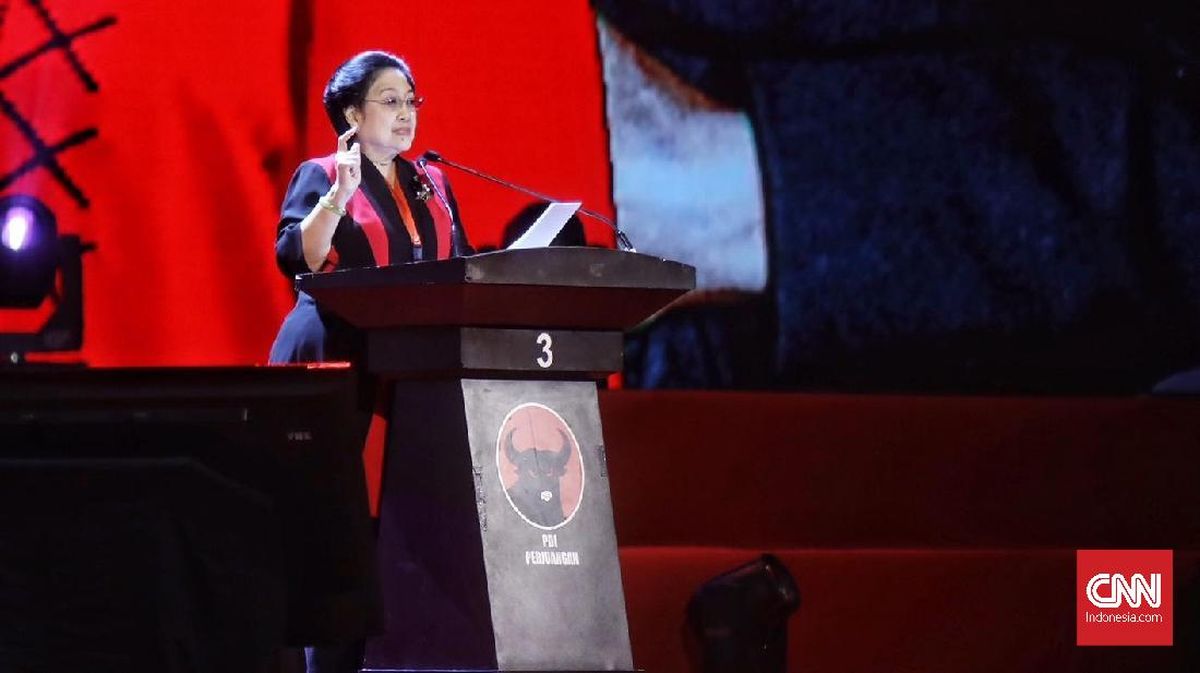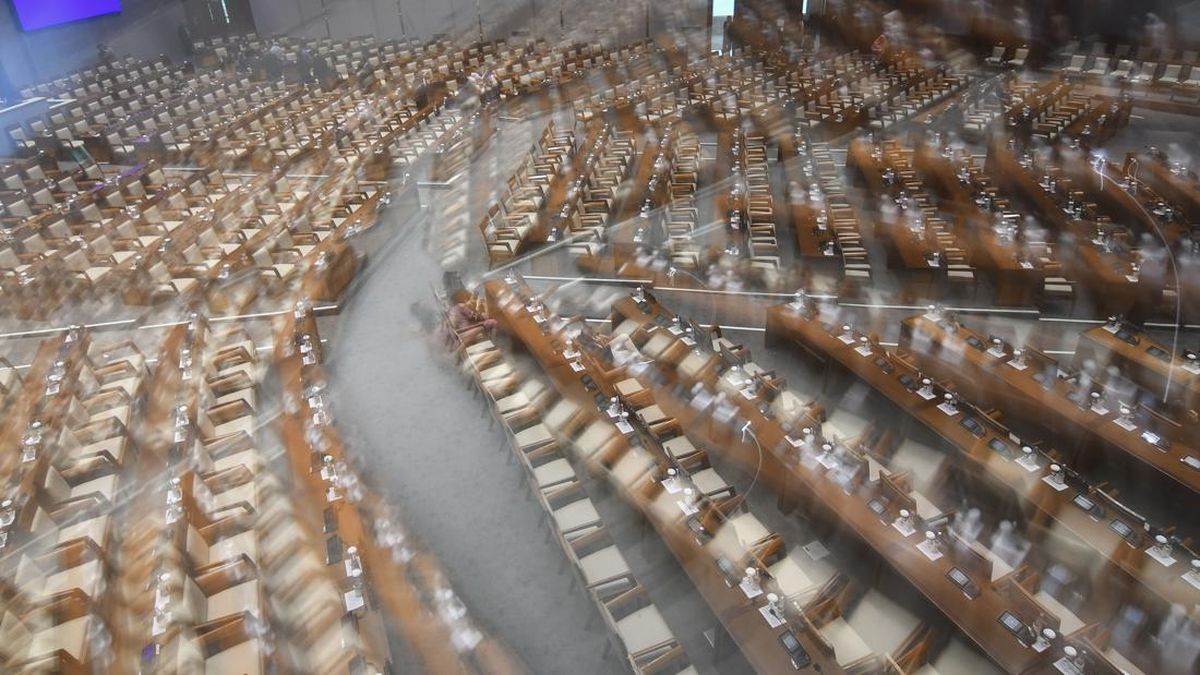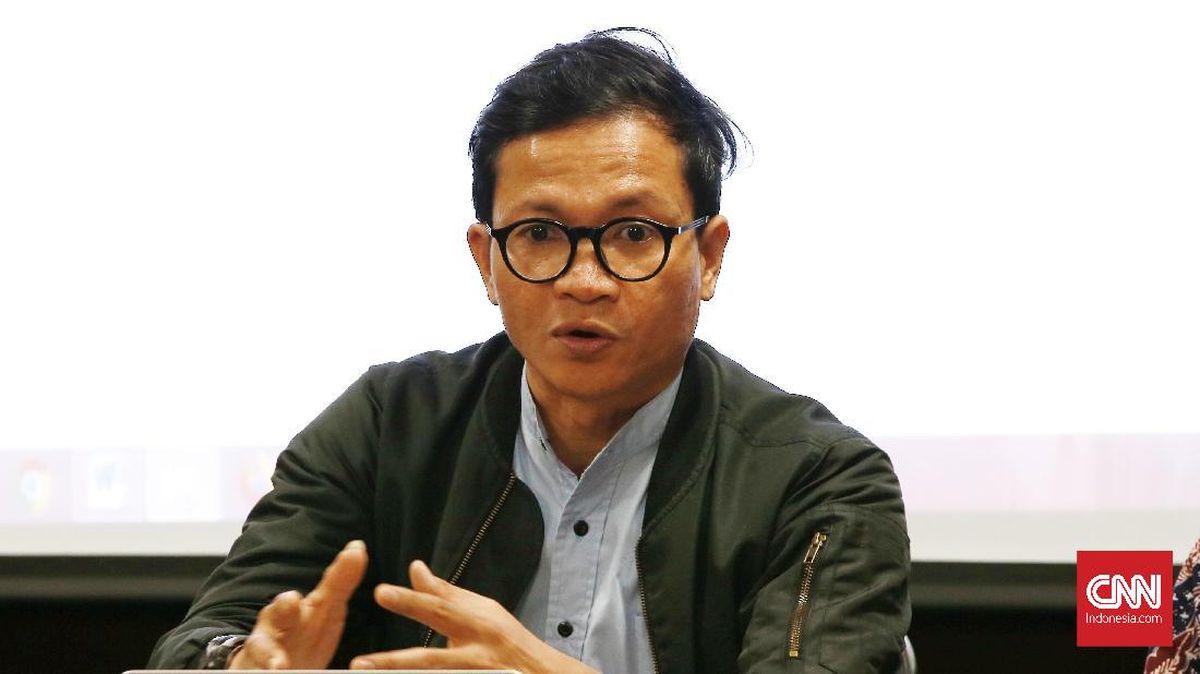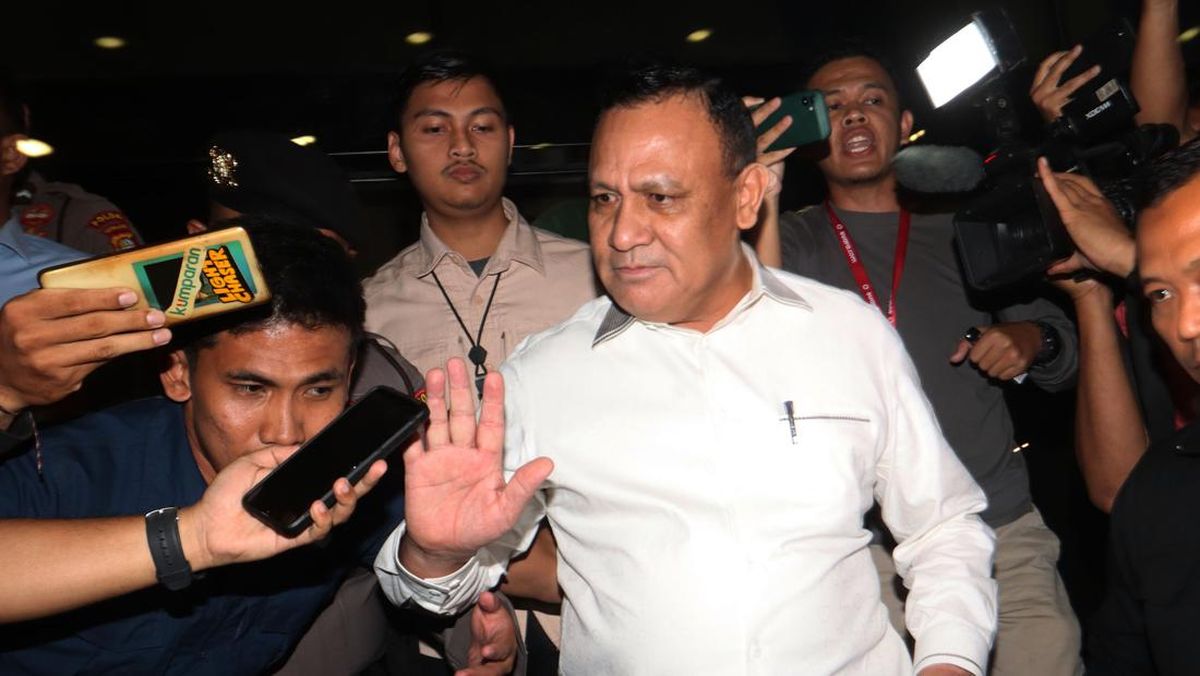
By: Santosh Jatrana, a demographer and social epidemiologist at the Alfred Deakin Institute for Citizenship and Globalisation.
Immigration is often unfairly blamed for many of the ills that plague Australia — from job shortages and low wage growth through to increased pressure on public services and the housing crisis.
In a nation founded as a nation of migrants, immigration remains contentious, has been an obvious election issue and is often depicted negatively in the media.
These narratives usually ignore the broad benefits migrants bring to Australia, including significant economic and demographic contributions.
More importantly, those narratives virtually ignore the challenges — and often career compromises — that migrants have to accept to make those contributions.
Immigrants don’t disadvantage native-born workers. Instead, migrants have to deal with skill mismatches, occupational downgrading and discrimination.
The jobs reality
Securing employment that matches their qualifications and experience is one of the most persistent challenges for migrants.
Skill-occupation mismatch occurs when the qualifications of selected immigrants do not align with the job opportunities in the host country. This mismatch leads them to take lower-skilled positions than their training would suggest.
Studies across high-income countries that include Australia, Canada and the US consistently show skilled migrants frequently end up in jobs far below their expertise level.
It often happens because of a lack of foreign qualifications, a lack of local work experience and language barriers.
An example might be a migrant doctor from the Philippines who works as a caregiver or taxi driver because overseas credentials are not recognised. Similarly, an engineer from India might struggle to find work in their field and instead take up employment in retail or hospitality.
Many migrants remain underemployed for extended periods, preventing them from utilising their full potential in the labour market.
The displacement myth
Research consistently shows that migration does not result in widespread job displacement for native-born workers. Instead, it stimulates economic activity, enhances demand for goods and services and ultimately creates more jobs.
Migrants often fill labour shortages in industries that struggle to attract local workers such as healthcare, aged care, technology and engineering. These areas have traditionally depended on skilled migration to address workforce gaps.
Some industries would find it difficult to operate without immigrants and migrants frequently complement rather than compete with local workers, occupying different sectors or skill levels within the economy.
Countering an ageing population
Immigration also plays a critical role in mitigating the effects of an ageing population.
Many developed nations are experiencing declining birth rates and increasing life expectancy, leading to a growing proportion of the elderly.
A decline in working-age individuals can lead to economic stagnation, shrinking tax bases and increased pressure on pensions and healthcare.
Research on the role of immigration in addressing ageing demographics has concluded that while immigration alone cannot entirely halt the population ageing process, it helps sustain population growth and moderates the pace at which the population ages.
Younger migrants entering the workforce boost tax revenue, support pension systems and help alleviate labour shortages in essential sectors.
Modelling the impact under a range of net overseas migration scenarios shows the potential impact on the proportion of Australia’s population aged 65 years or over in the next 50 years.
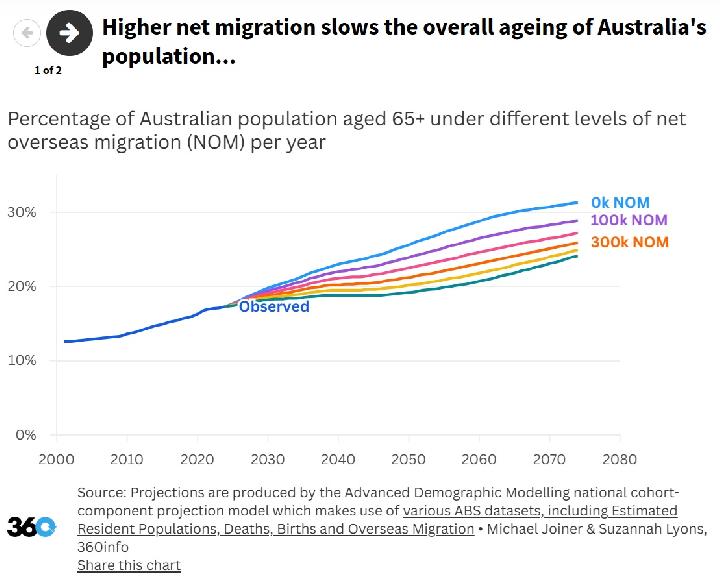 360info Chart. 360info/Michael Joiner and Suzannah Lyons
360info Chart. 360info/Michael Joiner and Suzannah Lyons
 360info Chart. 360info/Michael Joiner and Suzannah Lyons
360info Chart. 360info/Michael Joiner and Suzannah Lyons
Higher net migration slows the overall ageing of the population, but it is inevitable under any plausible scenario.
The effect of higher net overseas migration is obviously much higher population growth so there is a trade-off between slowing the ageing population and maintaining a growth rate that matches the country’s ability to increase infrastructure and services.
Originally published under Creative Commons by 360info™.
*) DISCLAIMER
Articles published in the “Your Views & Stories” section of en.tempo.co website are personal opinions written by third parties, and cannot be related or attributed to en.tempo.co’s official stance.
Why It's Time to Think Big on Tax Reform
1 jam lalu

Australians have been promised quick-fix tax measures to ease cost-of-living pressures. Instead, it's high time to simplify a complex tax system.
LPEI Suggests Exporters Engage Indonesian Diaspora in Australia
18 jam lalu
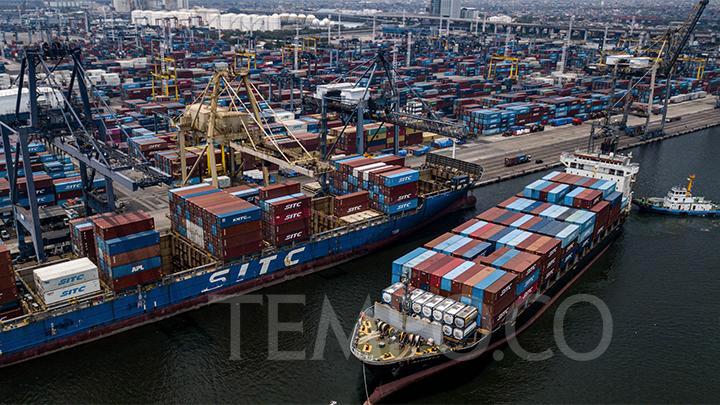
LPEI suggests that export-oriented businesses engage the Indonesian diaspora in Australia, as they have a better understanding of the market.
Is This the Real Answer to Our Cost-of-Living Crisis?
3 hari lalu

Australia should call the cost-of-living crisis what it really is - a wealth gap that could be addressed with universal basic income & real tax reform
Ready for a Change? Discover the 10 Best Countries for Job Opportunities Abroad
4 hari lalu

Want to turn your dream of working abroad into reality? Discover the best country for job opportunities, from Germany to Australia.
Anthony Albanese Makes Indonesia His First Visit After Winning Australian Election
6 hari lalu

The Labor Party of Australia, led by Anthony Albanese, won the election held on Saturday, May 3, 2025.
Prabowo Congratulates Anthony Albanese on Reelection as Australian PM
6 hari lalu

President Prabowo congratulates Anthony Albanese on being reelected as the Prime Minister of Australia and expresses hope for strengthened bilateral relations between Indonesia and Australia under Albanese's leadership.
Anthony Albanese, Australia's Prime Minister Who Made History
6 hari lalu

Anthony Albanese re-elected as Australian Prime Minister for the second time, defeating a controversial anti-Muslim candidate.
Why Extremists See Gold in the Migration Debate
6 hari lalu

An immigration debate in an era of rising extremism is fertile ground for a noisy minority keen to distort the facts to sell their 'white Australia'.
Why Trust Needs a 2025 Repair Job
6 hari lalu

The erosion of trust in democratic institutions - often fuelled by the very people who need it - is a challenge for any Australian politician in 2025.
Anthony Albanese Becomes Australia's First PM to Win Consecutive Three-Year Terms in 21 Years
7 hari lalu

Anthony Albanese becomes the first prime minister (PM) of Australia to win consecutive three-year terms in 21 years.




























